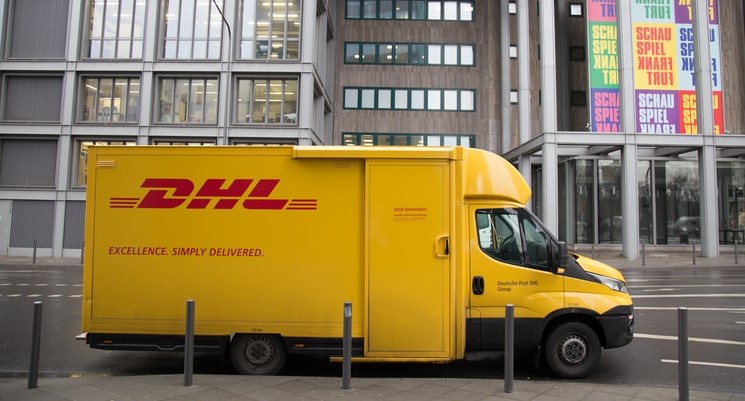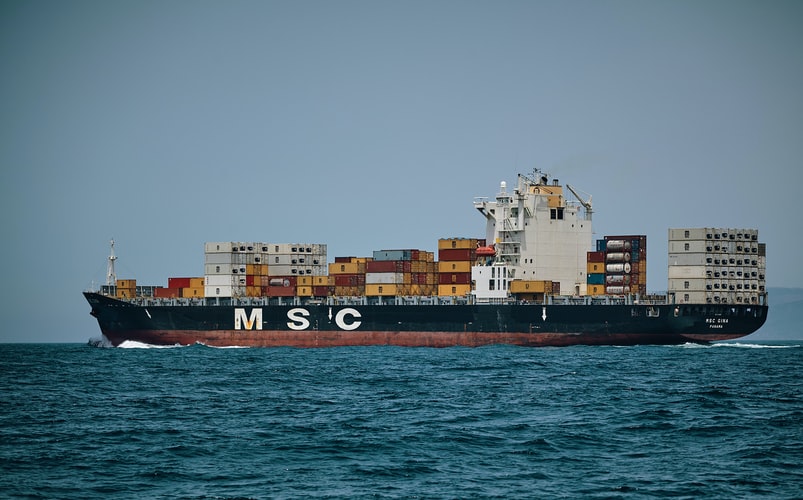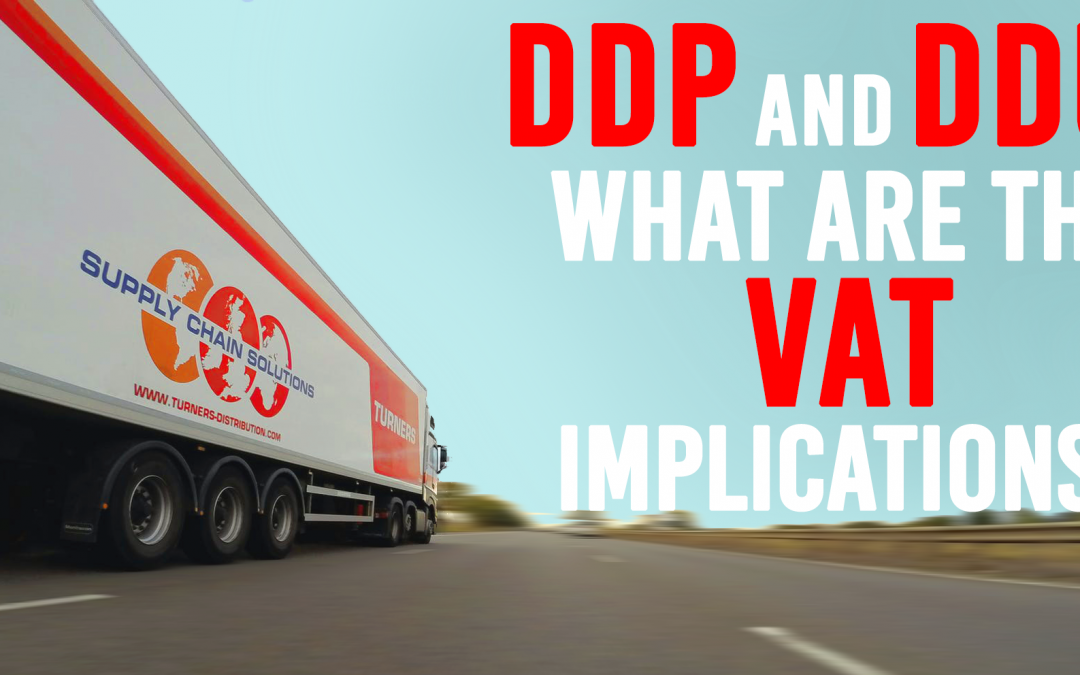When a seller located in a non-EU country wants to export goods from their home country to an EU country (or any other country), they need to be aware of the VAT implications of delivering via DDP (delivery duty paid) or DDU (delivery duty unpaid) incoterms. In this article, we will highlight the VAT issues that are most common when it comes to delivery duty being paid by either the seller or the customer.

The elements of DDP
When it comes to the elements of DDP, sellers need to be aware that the elements that need to be paid are both import tax and VAT. An issue that sellers can often run into is that if they forget to pay VAT, the goods are not able to enter the country they are exporting to.
Calculating import VAT correctly
One of the issues that sellers face when exporting items and dealing with import VAT is that they have to calculate the VAT and any other charges before the item is actually sold to the end consumer. This means that they have to estimate the amount of VAT due correctly, and if this is incorrect, the seller can risk getting into trouble with tax authorities.
VAT registration requirements
If a non-EU based company is planning on exporting to another country via DDP, the company may be obliged to register for import VAT in that country. This can be a disadvantage for sellers, as many are not likely to already be registered, and this can cause a number of complications.
On top of this, once a company has registered for VAT in another country, they then have to ensure that they understand the VAT rates and regulations of the country they have registered in, and be aware that for countries such as Spain the company may need to appoint a fiscal representative before they can register for VAT.
Companies need to ensure they know the VAT or GST regulations of any countries they plan to export to, or else they could be at risk of non-compliance.
Reclaiming VAT
In some EU countries such as the UK, the exporter can claim a refund of their VAT on the goods that have been shipped. Usually, VAT refunds cannot be recovered on products that are sold or supplied, but when DDP is involved, this can become a little more complex.
Issues that can be encountered when trying to reclaim import VAT include the fact it is incredibly easy to make mistakes when you are exporting items via DDP and want to claim a refund, especially as it is up to the seller to get their refund on the items shipped. If this VAT is not reclaimed, it will be part of the £15.3 billion worth of business VAT that goes unclaimed each year.
This problem can be resolved by automating VAT reclaims, or by working with an accountant to claim a refund for import VAT.
Any unincluded VAT needs to be stated clearly
If the payers want to exclude VAT when paying their import duty for goods, this needs to be stated clearly on their invoice “Delivered duty paid, VAT unpaid”.

The elements of DDU
When it comes to handling DDU – Delivery Duty unpaid, the customer is contacted by customs once their shipment arrives and it is their responsibility to pay for the costs including import tax and VAT.
Disagreements between the seller and consignee
When the delivery duty is unpaid, both the seller and the buyer need to agree on a location where the goods will be imported to. Once this has been agreed upon, the seller can deliver the goods there and the customer will be contacted so that they can pay the costs.
Problems can occur when a location is not agreed upon, or when it has not been settled whether the seller is paying for the additional costs such as VAT or customs charges. These issues can be resolved by the seller clearly stating in their contract and other documents that they will be responsible for additional costs, and ensuring that they make arrangements with the consignee long before they are due to export their goods.
In conclusion
When a company decides to ship goods internationally using a DDP or DDU delivery agreement, they need to carefully consider the VAT elements that are involved, the calculations required, whether they need to register for VAT in the country of exportation and how to reclaim VAT. They also need to ensure they communicate with the buyer throughout the journey of their shipment.
If you are a non-EU seller looking to ship goods to other countries and you need advice on staying VAT compliant, we can help you – at J&P Accountants, enabling your global ambition is our passion and tax is our speciality.
